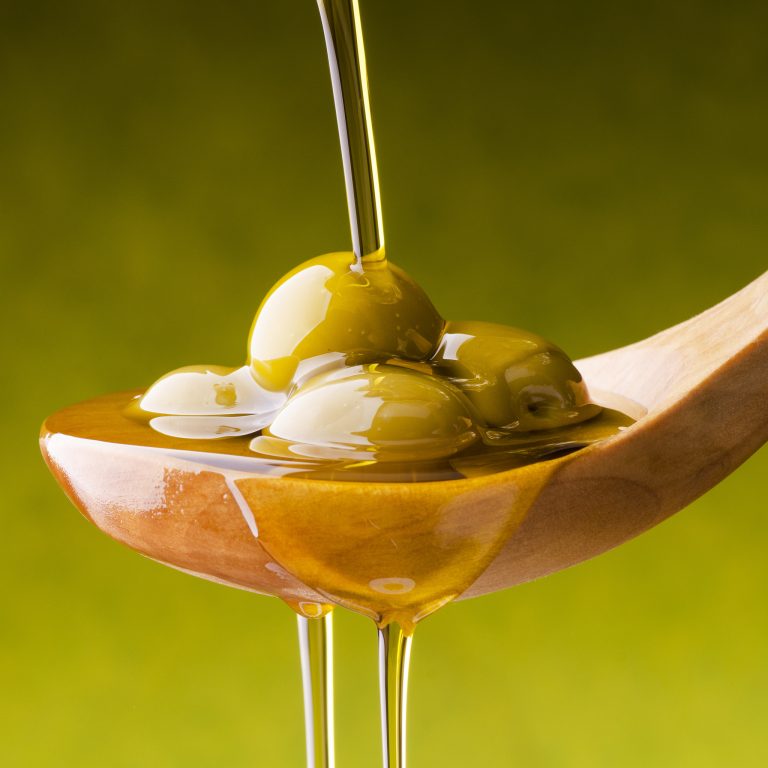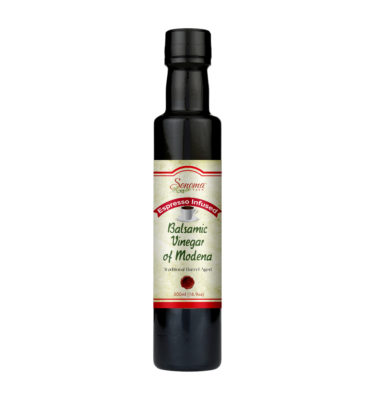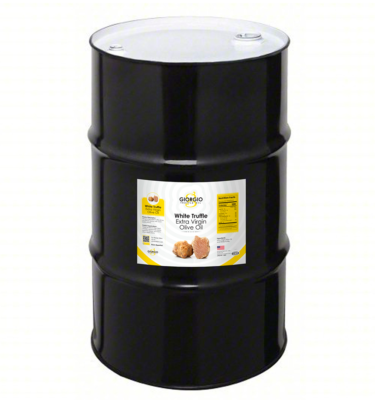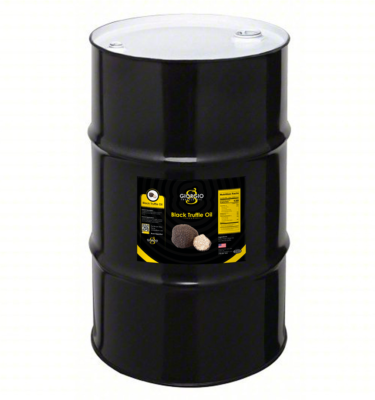When To Use Olive Oil And Extra Virgin Olive Oil
Both regular olive oil and extra virgin olive oil are derived from olives, but the extraction processes used are different. And these differences in process affect the taste, color, and health benefits of the resultant oil.

Olive Oil vs. Extra Virgin Olive Oil
When browsing through the olive oils in your local grocery story, you may have noticed a variety of modifiers in the name, including pure, refined, virgin, and extra virgin. These refer to the specific manufacturing process used to make the oil. Extra virgin olive oil is a cold pressed oil that goes through the least among of processing, resulting in an oil with a very low acid content that retains its natural flavor and aroma.
Virgin olive oil is slightly more refined, producing a slightly more acidic oil with a milder flavor. Research has also shown that extra virgin olive oil offers more health benefits, including higher concentrations of antioxidants, than more refined or processed olive oils.

And extra virgin has a more pleasant taste than other olive oils. The extra virgin olive oil from Sonoma Farm has a taste that can be described as a balanced mix of fruity, bitter, and peppery. But unlike more refined or lower quality oils, Sonoma Farm extra virgin olive oil will never taste musty or metallic.
In terms of taste, quality, purity, and health benefits, extra virgin olive oil is the clear choice. And in terms of suppliers of top-quality extra virgin olive oil, the clear choice is Sonoma Farm.
Why Should YouUse Extra Virgin Olive Oil in Daily Cooking?
Research has shown that using just two tablespoons of extra virgin olive oil a day carries health benefits. And with the versatility of extra virgin olive oil, adding that amount to your daily diet is easy.
We all know about the health benefits of omega-3 and omega-6 fatty acids. However, it’s also been shown that these fatty acids provide the greatest benefit when in the proper proportion. The ideal ratio is one part omega-3 to ten parts omega-6. And as it happens, that’s the ratio found in extra virgin olive oil.
It is a common misconception that you cannot cook with extra virgin olive oil, but this is a myth. While it is important to keep EVOO below its smoke point to preserve the flavor and health benefits of the oil, that smoke point is high enough (420ºF) that you can still use EVOO for frying, sautéing, baking, or roasting.

That said, you can also add EVOO to your diet in a simpler way by drizzling it over salads and other dishes, or by using it as a dipping sauce for “finger foods” like bread.
There are dozens of ways to use extra virgin olive oil in your dishes. And with the proven health benefits of EVOO, it makes sense to save by getting your extra virgin olive oil in a bulk 5-gallon quantity from Sonoma Farm. They use only the best quality ingredients and small-batch processes to ensure a quality oil at a great price.




